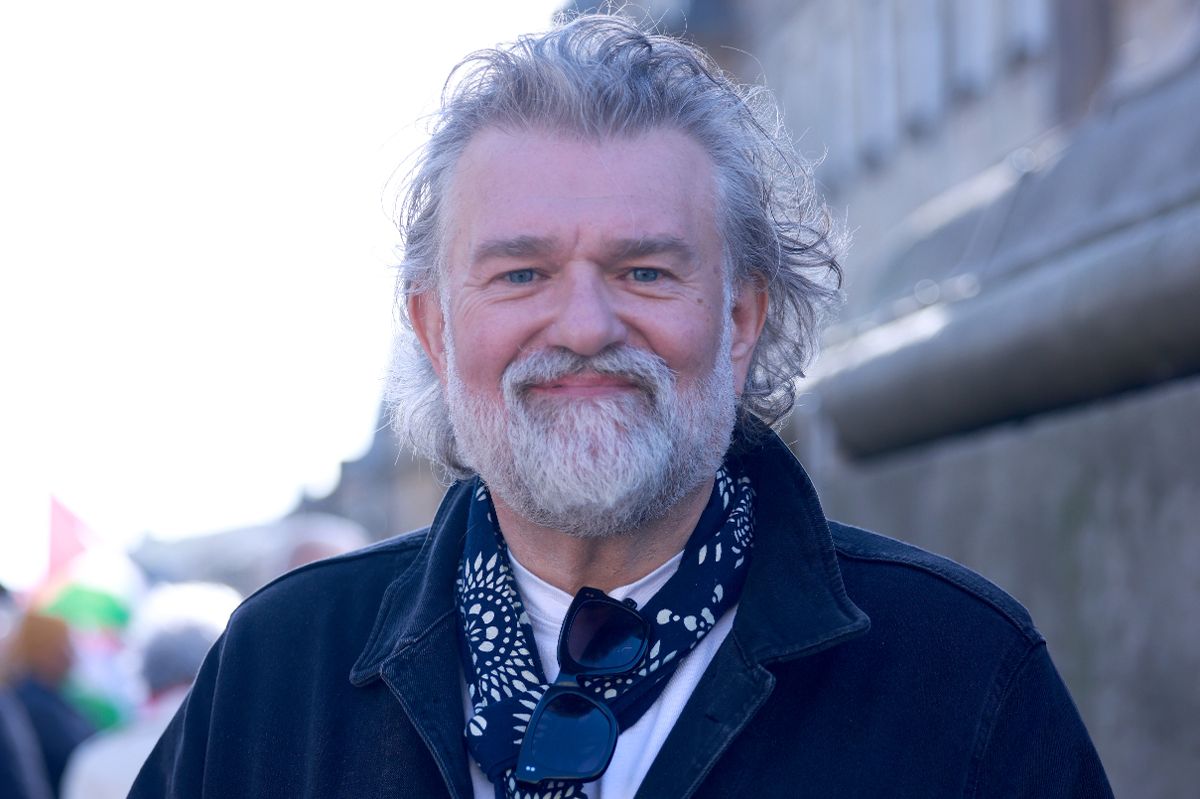Si King returns to TV in his first solo series since co-star Dave Myers’ death in February 2024
Hairy Bikers star Si King is preparing to return to television screens with his first solo programme following the heartbreaking death of his close friend and co-presenter Dave Myers.
The new television venture, scheduled to broadcast on Channel 4 and markedly different from the duo’s previous culinary programmes, was initially announced during the summer months.
Dave tragically died from cancer in February 2024, at the age of 66. His passing brought an inevitable conclusion to the beloved television partnership’s time as the Hairy Bikers, with Si honouring Dave through a final programme entitled The Hairy Bikers: You’ll Never Ride Alone.
Previously, Si, 59, explained he would be departing from the “adventure-style” BBC programmes the duo had become renowned for. The broadcaster has now confirmed his fresh TV project, Britain’s Favourite Railway Stations with Si King, will launch next year on January 8.
Promo for the programme reveals it will feature “Si King, Siddy Holloway and Damion Burrows explore the extraordinary spaces that take us beyond catching a train to the hidden worlds where heritage, technology and community converge.”
Si, an avid railway enthusiast, will encounter the personnel who maintain the railway system’s smooth operation. The programme will also showcase Britain’s engineering achievements and a rail network comprising over 2,600 stations in its debut series for Channel 4.
Clemency Green, Senior Commissioning Editor at Channel 4, commented on the forthcoming series: “As the rail network turns 200 years old, this series will spotlight the best of our country’s engineering history in a different way.
“We’re honoured that Si will be presenting his first series for More4, and Yeti will no doubt deliver a captivating series that viewers will love to escape into.”
Anna Davies, Executive Producer at Yeti Television, added: “There’s something uniquely British about our love of railways – but usually it’s the trains, not the stations, that get the limelight.
“There are so many amazing stories to be uncovered in stations big and small, with unique characters who run them and incredible history, and Si is the perfect person to be taking us on that journey.”
Discussing future television projects following his time with the Hairy Bikers, Si previously reflected: “It would be different because you know that was Dave and I. He’s no longer with us, so no, it would have to be different. I would want it to be different.”
Embarking on a solo venture for the first time after two decades as part of a beloved partnership, Si has joined This Morning this year as a regular chef contributing to their cookery segments.
**For the latest showbiz, TV, movie and streaming news, go to the new ** Everything Gossip ** website**


